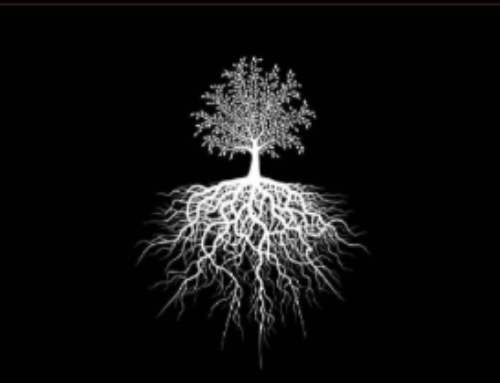
Hebrews 2:16 reads:
“For surely it is not angels he helps, but Abraham’s descendants” (NIV) OR “For verily he took not on him the nature of angels; but he took on him the seed of Abraham” (KJV) OR “For assuredly He does not take hold of angels, but He takes hold of the seed of Abraham” (NASB footnote).
The different translations result from different possible meanings to the main verb. Its basic meaning is to take hold of, but the context determines in what sense this taking hold of. It can mean to take hold of someone in order to harm or to help, or it can be figurative language as in taking hold of eternal life (I Tim 6:12).
Before the 17th century, most scholars understood this verse to mean that God did not take hold of angelic nature to assume it to himself or take it on himself but of human nature. More recent translations take the verb to mean to help, to lend a hand. (See Philip Edgecumb Hughes’ excellent Commentary on the Epistle to the Hebrews, pp 115-6.)
In the context, the older translation fits well, since verse 14 graphically says that the Son of God shared in our “blood and flesh,” and verse 17 says he was made like us in every way. Nestled in between these two strong affirmations of God’s becoming fully human, it fits well to say that he took on or assumed humanity. We lose nothing by adopting the more modern versions’ translations, since verses 14 and 17 easily carry the load of the incarnation, but the older translations likely make this section the clearest and strongest affirmation of the full humanity of the Son of God: He shared our flesh and blood, he took on our nature, and he had to be made like us in every way.
Clear enough! Merry Christmas!




